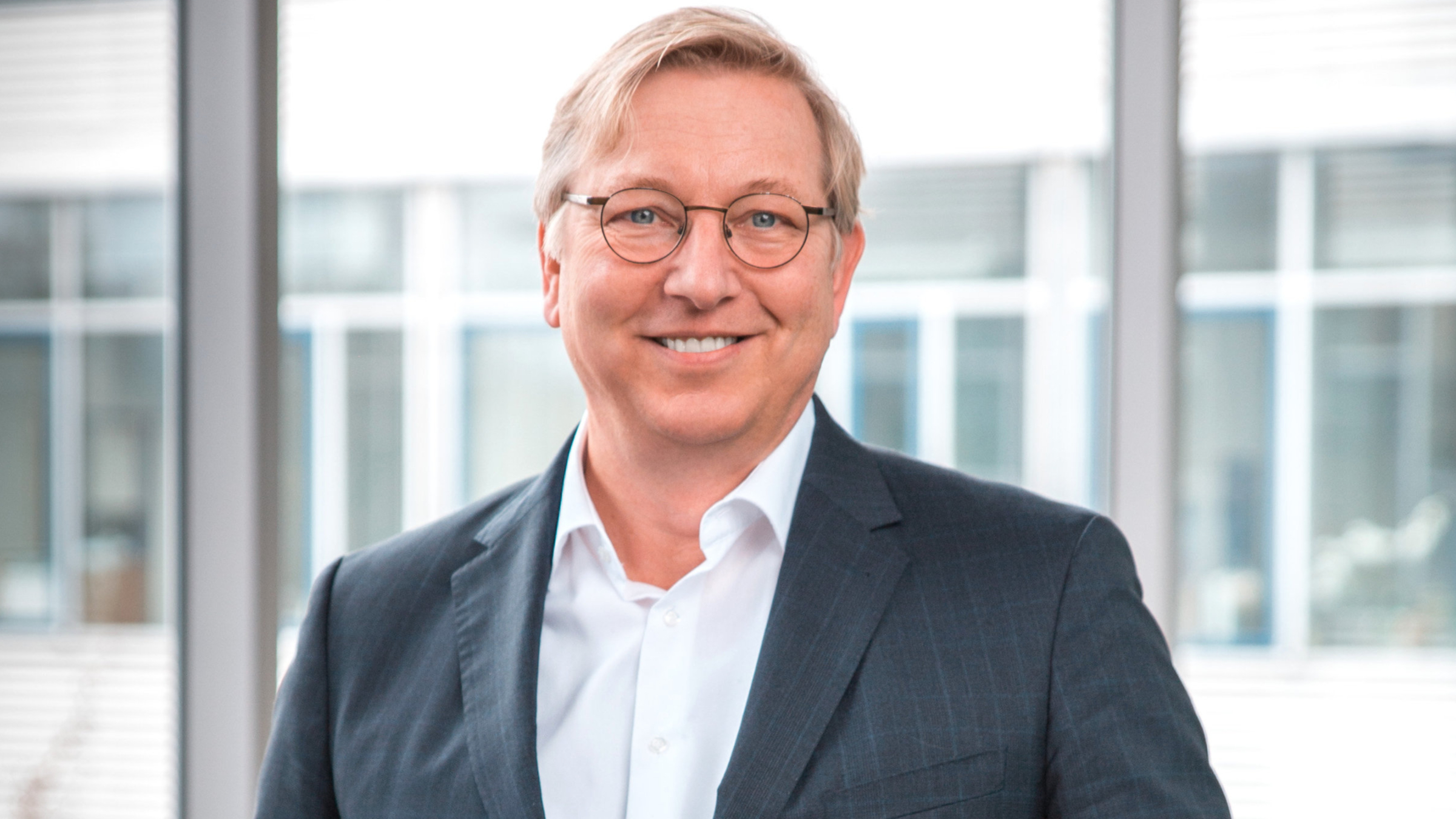
Manfred Rüdiger, Ariceum Therapeutics CEO (Presseportal)
German startup jumps into the hot radiopharma space with a former Ipsen compound as lead program
Radiopharmaceuticals are continuing to become a hot topic in biopharma, with companies such as Sequoia, Novartis and Bristol Myers Squibb looking to …
Sign up to read this article for free.
Get free access to a limited number of articles, plus choose newsletters to get straight to your inbox.